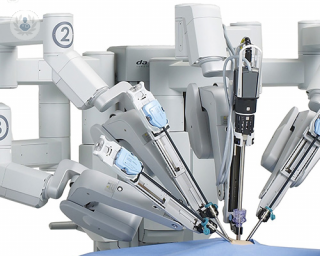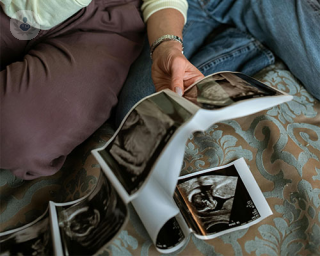Hypothyroidism - why am I not feeling better?
Hypothyroidism occurs when the thyroid gland doesn’t produce enough thyroid hormones, causing symptoms like fatigue, weight gain, depression, and cold intolerance. While treatment often brings relief to many people, some may continue to struggle with symptoms despite following their prescribed regimen. Dr Abbi Lulsegged, distinguished consultant physician in general medicine, endocrinology, diabetes, and metabolism, explores the reasons why.

















